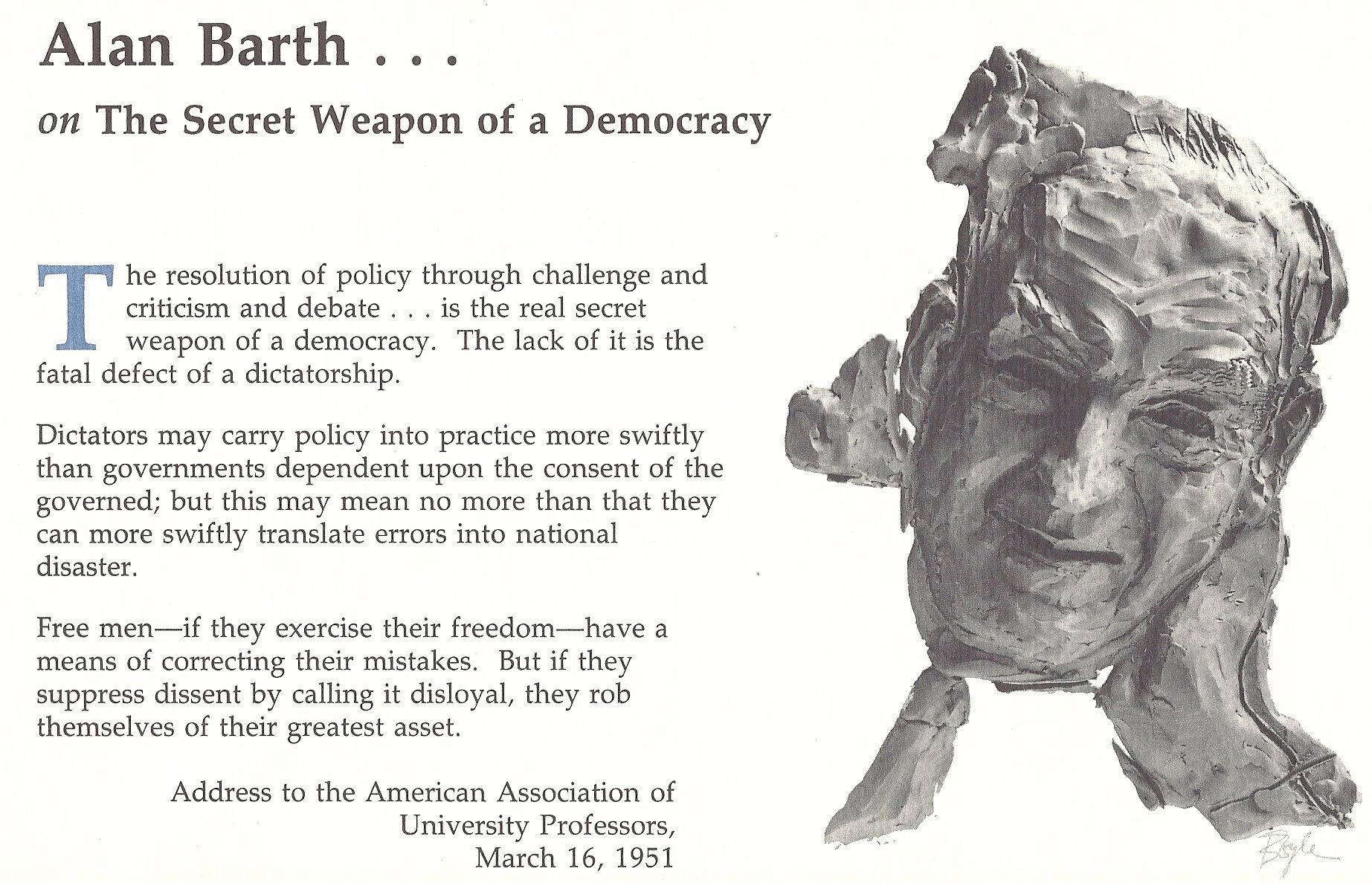
|
Craig Steiner, u.s. Common Sense American Conservatism |




|
|
About Me & This Website My Positions On Facebook Contact Me Articles |
El Paso County Background Colorado Representative Amy Stephens (Republican) supported SB200, a piece of legislation that would implement health care exchanges in Colorado, pursuant to Obamacare. Her argument--and of those few Republican elected officials that joined her in supporting it--was that if we don't implement health care exchanges, either the Federal Government would do so, or the governor (Democrat) would do so by executive order. So it's better that we implement an exchange of our own design. Most Republicans disagreed with SB200. All Republican state senators opposed it, as did a majority of Republicans in the state house. The opposition was due to strategic, principled, and pragmatic reasons. As a matter of principle, it seemed wrong to implement Obamacare at the state level when we are opposed to it in principle. Strategically, it was inappropriate for Republicans to support legislation implementing Obamacare while our own (Republican) attorney general is joining other states in trying to overturn Obamacare in the courts. And, pragmatically, it's not really possible to make Obamacare any less bad since the federal legislation puts constraints on what the state health care exchanges can and can't do. I wrote about my opposition to SB200 back in April. Someone else who was vocally opposed to SB200 was Sarah Marie Anderson, the secretary of the El Paso County Republican Party. The sponsor of SB200, Rep. Stephens, is also from El Paso County. So the secretary of the county party was vocally opposing legislation that a Republican elected official from the county was supporting. Anderson's opposition was vocal enough that it apparently rubbed some people the wrong way, and--apparently at the urging of some Republican politicians--the Executive Committee of the El Paso Republican Party tried to pass a resolution that would prohibit party officers (such as Sarah) from criticizing the legislation supported by Republican politicians. During debate, the "prohibition" became more of a "suggestion" due to a change in wording. As a party officer, the bylaws do not permit Sarah to support or oppose a Republican candidate, but the bylaws are silent on opposing or supporting legislation--even legislation supported by a Republican politician. In the case of SB200 which Sarah was opposing, a majority of Republican elected officials in Colorado were also opposing it. It's my understanding that even the majority of Republican elected officials from her county were opposing it. So Sarah was not leaving the Republican reservation, so to speak, but rather expressing a view held by the majority of Republicans. Yet an ongoing effort has been made to silence her criticism of the legislation. First it was the Executive Committee resolution trying to prohibit her from expressing her views. And now, rumor has it that at a special meeting of the El Paso Executive Committee on July 7th, 2011, they will try to censure her, or pass a resolution recommending that she be removed as county party secretary. So the question is whether or not it is appropriate for a county party officer to criticize legislation that is perceived by the majority of Republicans as going against our principles? And is it appropriate for Republican politicians to try to silence county party officers that attempt to do so? The Role of the Party, and of Party Officers The Republican Party exists to elect Republican candidates, recognizing that by doing so we are electing candidates that will advance the principles stated in the Republican Party platform. But Republican elected officials essentially become free agents once they're elected. Though they presumably subscribe to the Republican Party Platform, there is no penalty (other than the possibility of a primary) should they vote in a way that is inconsistent with the party's principles. County party officers are volunteers that are elected to lead the party. This entails the dual responsibility of electing Republican candidates as well as advancing the principles of the party platform. Party bylaws require that officers not support or oppose a Republican candidate until the primary so that all Republican candidates have an open and neutral environment in which to seek the nomination. That does not mean, however, that county party officers are subservient to Republican elected officials. Nor do we answer to them. Party officers are elected for many reasons, but a very important reason is to advance the party's principles. Since Republican elected officials are not legally bound to advance the Republican platform and voters will vote for whomever they want, who ultimately is responsible for making sure the party's platform is advanced? What's the point of constructing a party platform if voters aren't aware of it and don't enforce it, and Republican politicians simply ignore it? The only entity that can reasonably be tasked with upholding the party platform--and advancing its principles--is the party itself. And that won't happen if party leadership does not help hold Republican elected officials accountable. While some Republican politicians may look upon the party as just a glorified apparatus to get them elected, over the decades we've seen how far in the wrong direction politicians have taken us when there hasn't been accountability. We need as much accountability as possible. To the extent that party officers can provide more accountability, that's something we should do. Rank-and-file Republicans need to know that there are Republican leaders that are beholden not to getting elected to public office, but only to the principles of the Republican Party. They need to know that those leaders not only exist, but that they won't be silenced by the very Republican politicians that need to be held accountable. My Hope For El Paso My hope is that the El Paso GOP will realize that its attempt at censoring party officers has made (negative) headlines nationwide. It's an embarrassment. It speaks poorly of the people that are advancing such censorship, it speaks poorly of the El Paso GOP, and it reflects badly on Republicans in general. I hope that instead of further attacking Secretary Sarah Marie Anderson, the El Paso Executive Committee will pass a resolution apologizing for their treatment of Sarah and revoking the resolution they previously passed that attempted to silence her. Further, El Paso should pass a resolution that asserts not only the right of the party officers, but of the entire Executive Committee to speak freely, openly, and publicly in support of legislation that furthers the party's principles and in opposition to legislation that does otherwise. Not only should the Executive Committee assert its right to do so, it should pledge that it will do so. This is exactly what Sarah's been doing. The scandal isn't that Sarah's been doing it, but that the rest of the Executive Committee hasn't.
Go to the article list |


